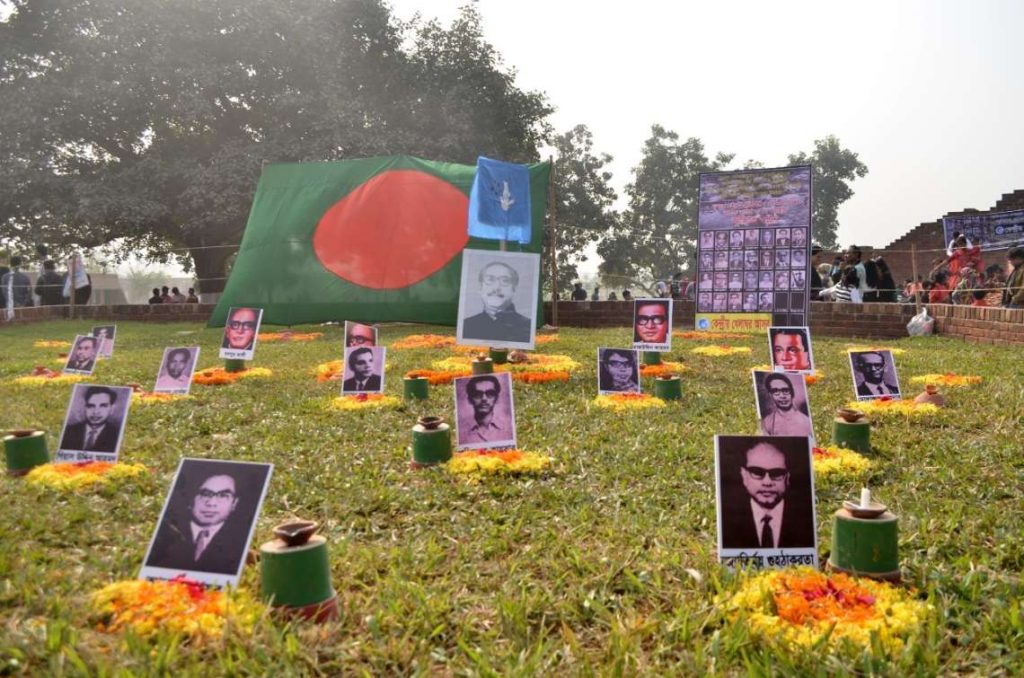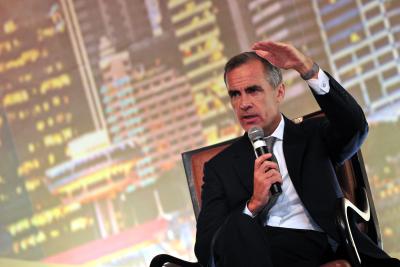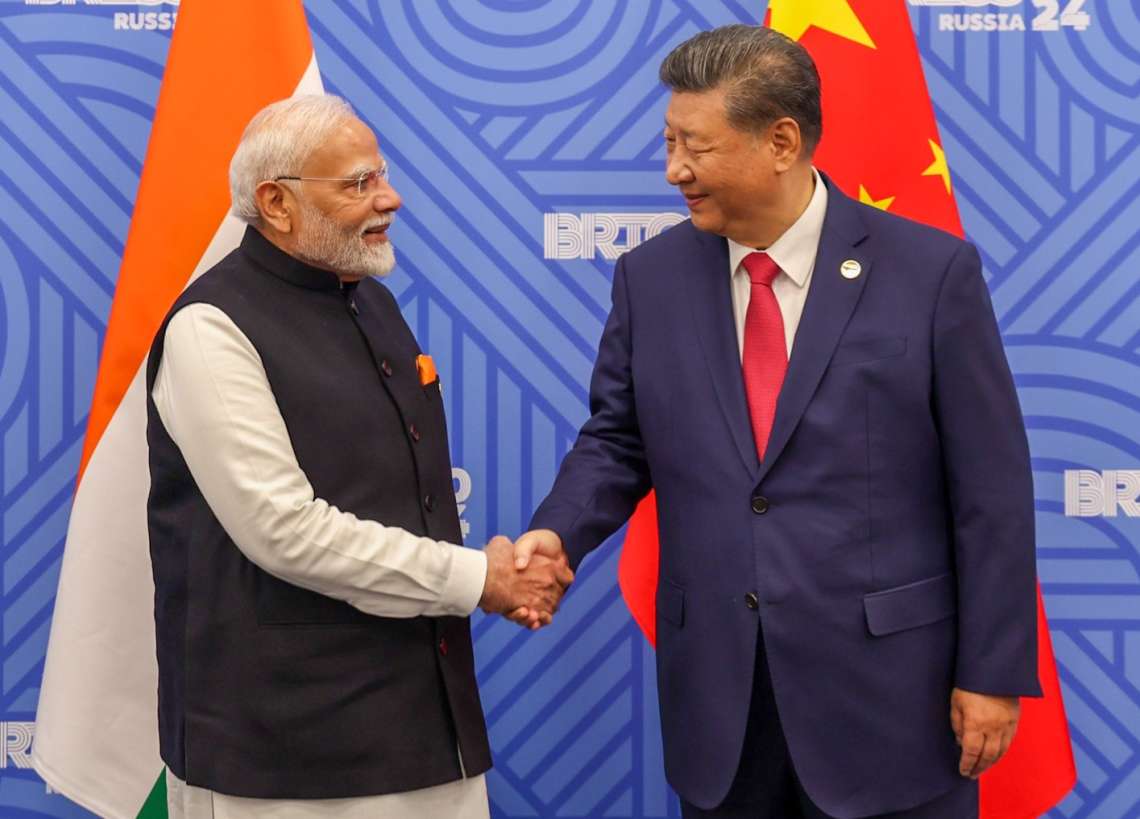Any genuine reset in bilateral relations must begin with Pakistan recognising and apologising for its crimes in 1971.
Dhaka is preparing to host Pakistan’s Deputy Prime Minister and Foreign Minister Ishaq Dar, who will arrive on 23 August for a two-day official visit — the first such bilateral trip by a senior Pakistani foreign minister in three decades. The visit is being closely watched, with growing calls for Bangladesh’s interim government, led by Nobel laureate Dr Muhammad Yunus, to demand an unequivocal apology from Islamabad for the genocide carried out by the Pakistani army in 1971.
Dar’s arrival comes at a time when Dhaka and Islamabad are attempting to reset ties in the aftermath of Sheikh Hasina’s ouster in August 2024. Despite the geographical distance and long shadow of the Liberation War, political and military exchanges between the two countries have accelerated. High-level meetings have taken place in Cairo, Dhaka and Islamabad, accompanied by growing cooperation in defence, trade and even discussions on visa-free travel.
But critics warn that in pursuing rapprochement, Bangladesh risks overlooking the blood-stained legacy of 1971. During ‘Operation Searchlight’, Pakistan’s army unleashed mass atrocities in what was then East Pakistan. More than three million people were killed, while over 300,000 women were subjected to sexual violence. Local collaborators, including Razakar and Al-Badr militias, aided the crackdown. For over five decades, Bangladeshis have demanded an official apology, but successive Pakistani governments and military leaders have refused.
Instead, elements in Pakistan have sought to undermine Bangladesh’s sovereignty through rhetoric and propaganda. Just days before Dar’s visit, the Pakistani military-backed newspaper The Catchline ran an article titled “East Pakistan Must Return: Pakistan’s Hour of Reckoning After 54 Years”, reviving irredentist claims over Bangladesh. Meanwhile, Pakistani military officials have openly hinted that in any future conflict with India, Dhaka could serve as a launch pad for Pakistan’s eastern strategy.

This posture has alarmed observers in Bangladesh, who argue that Pakistan is trying to rewrite history while drawing Dhaka into its strategic rivalry with India. Despite decades of partnership with New Delhi — which provided crucial support during the Liberation War and remains Bangladesh’s closest ally in health, trade and disaster relief — the interim government has stayed largely silent in the face of Pakistan’s provocative statements.
Critics say that by opening doors to joint military training, intelligence exchanges and increased political dialogue with Islamabad, Dhaka risks undermining its independence. They point to attacks on national symbols and attempts to downplay the Liberation War’s memory as part of a broader effort to weaken Bangladesh’s historical identity.
With Dar’s visit, the debate over reconciliation with Pakistan is set to intensify. Analysts insist that any genuine reset in bilateral relations must begin with Pakistan recognising and apologising for its crimes in 1971. Without such acknowledgement, they argue, Pakistan cannot be considered a true ally of a sovereign Bangladesh.
As Dhaka prepares to host its first Pakistani foreign minister in 30 years, the question remains whether the interim government will stand firm on history — or risk compromising the legacy of independence for short-term political gains.









